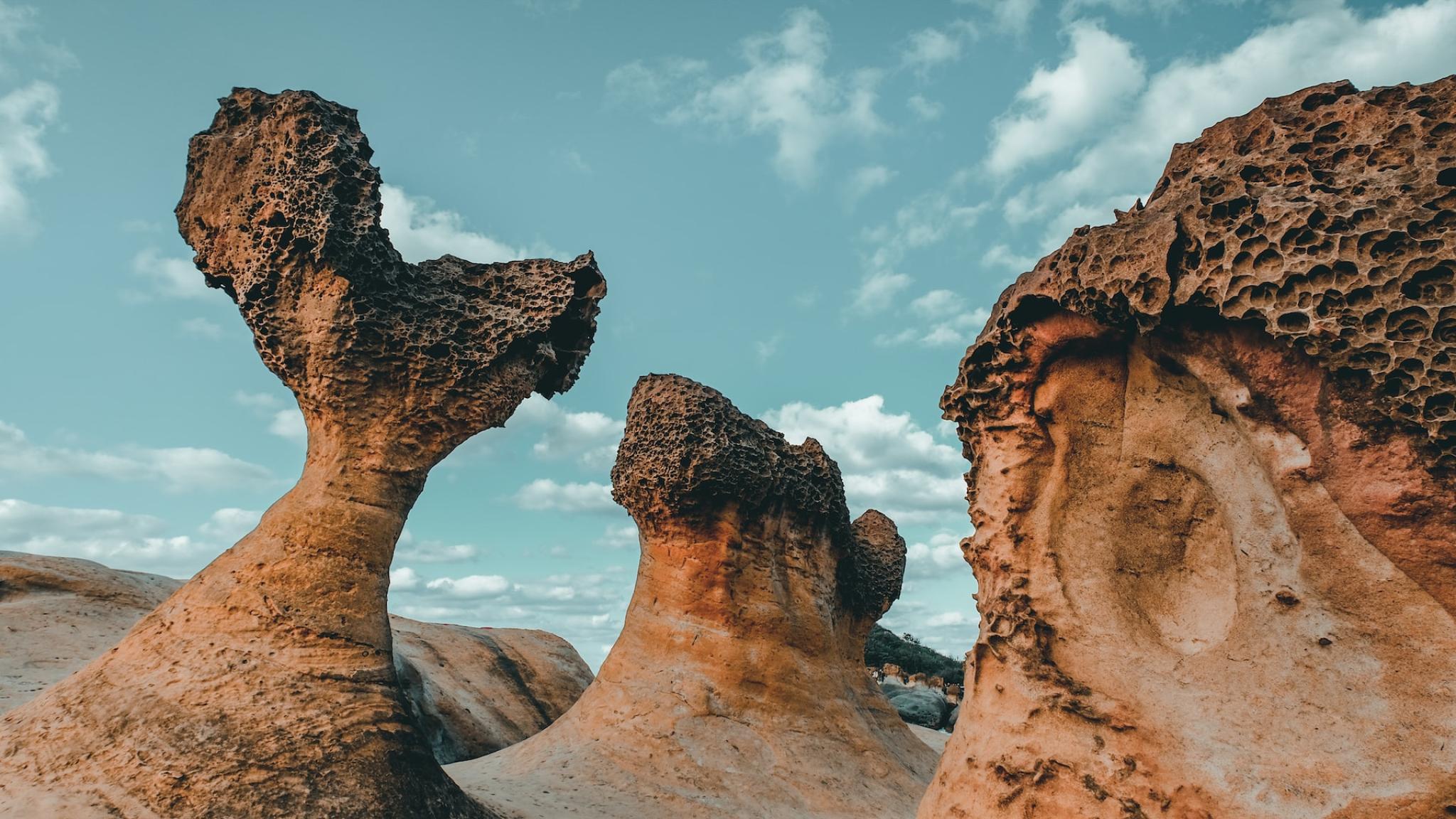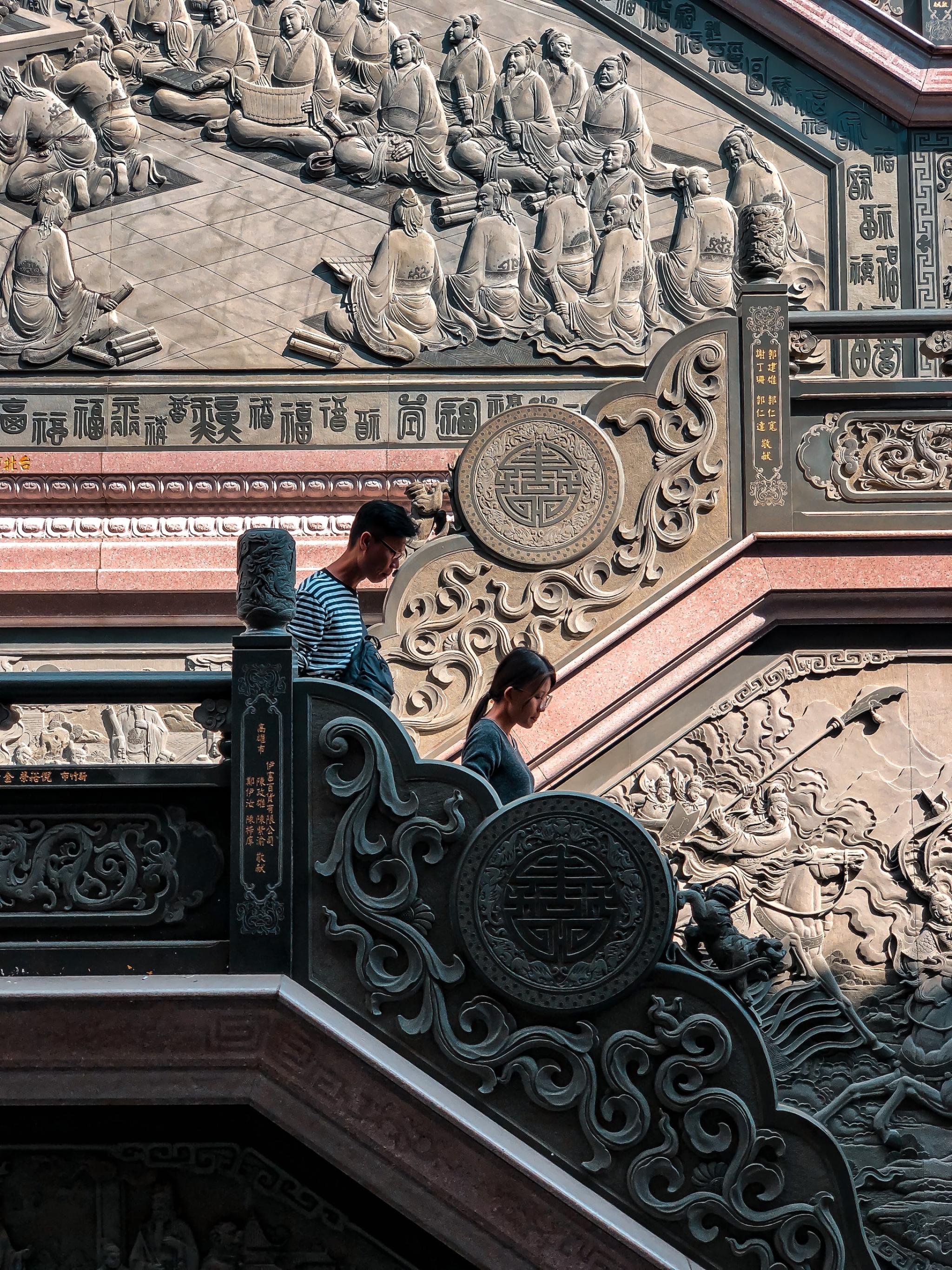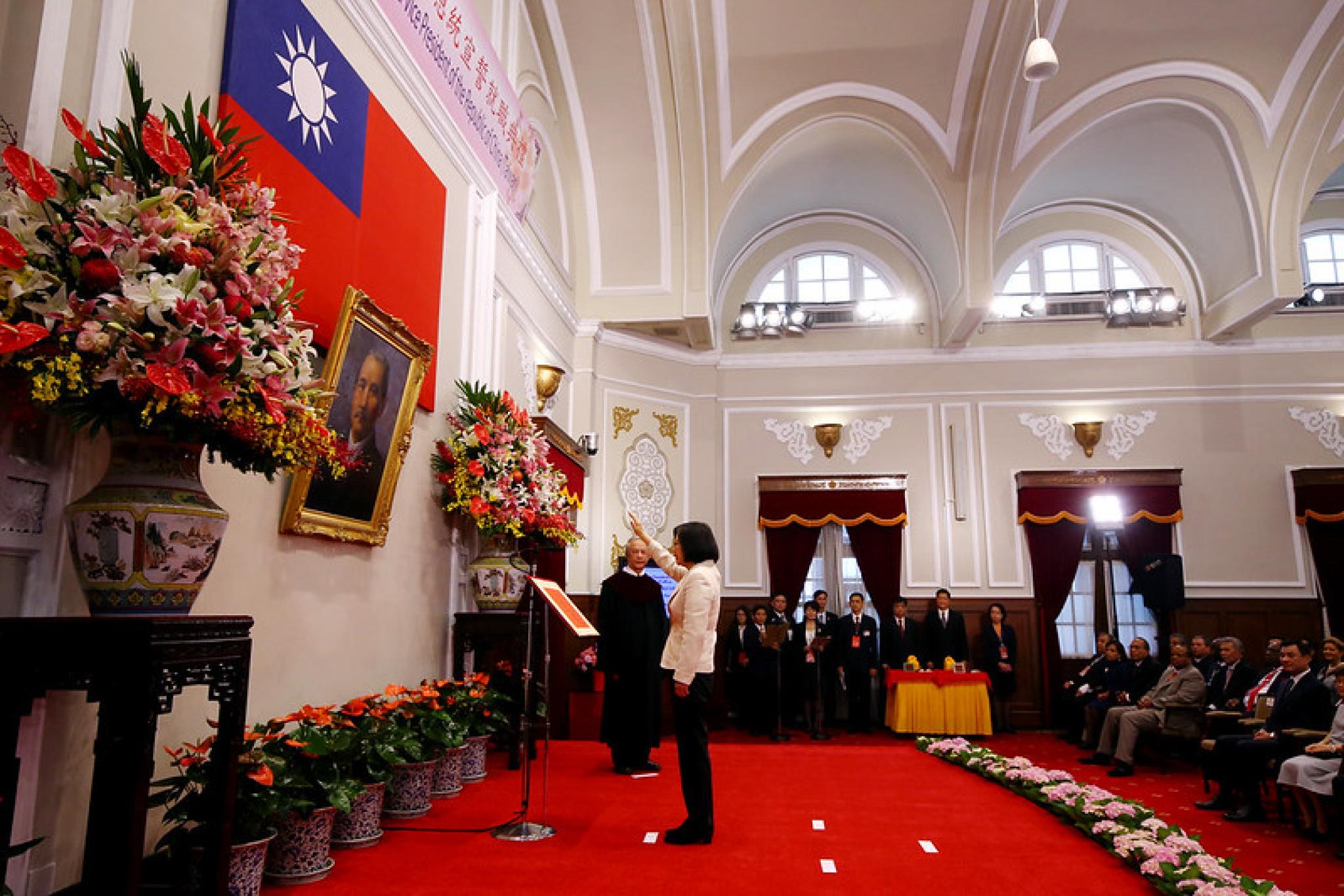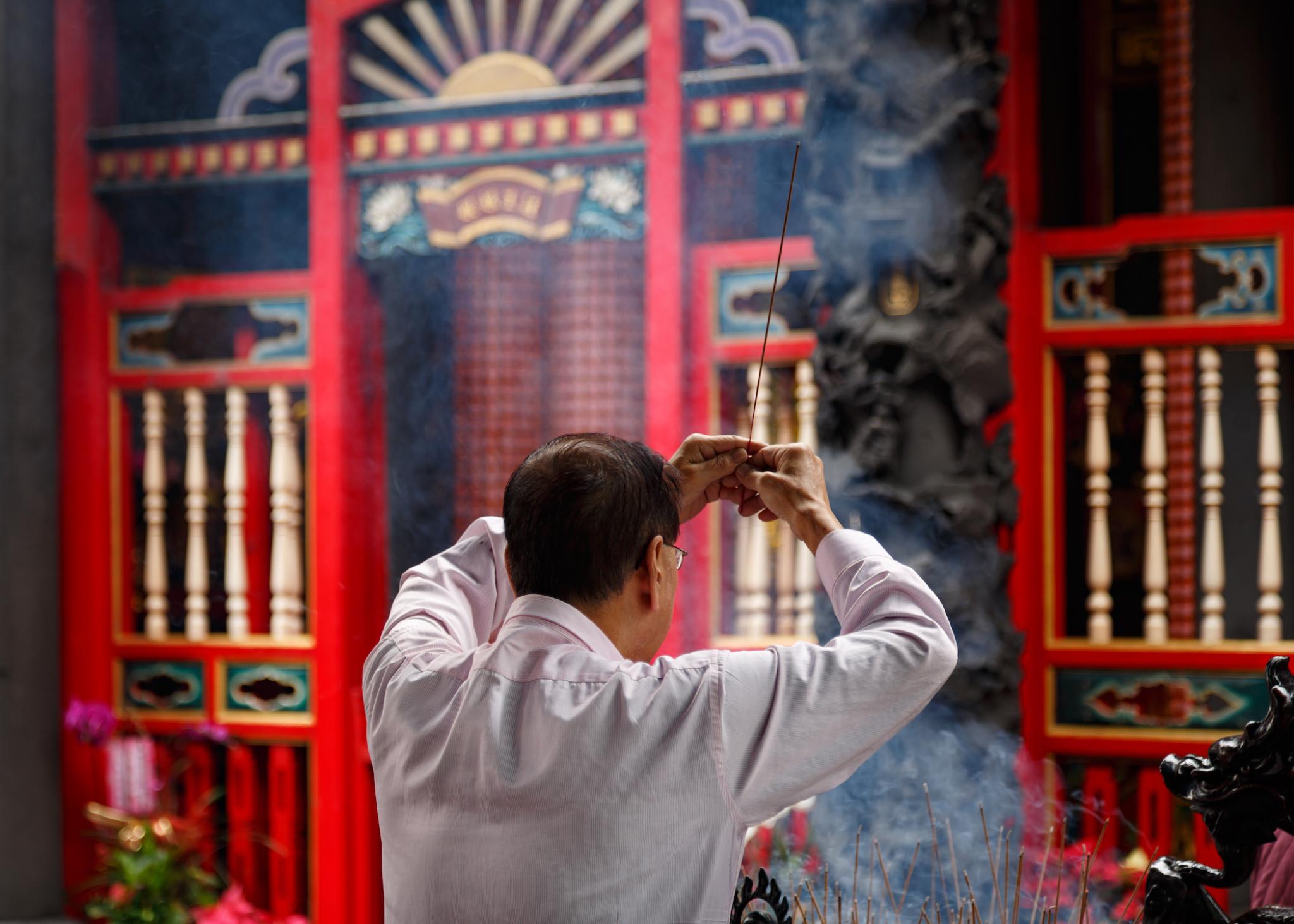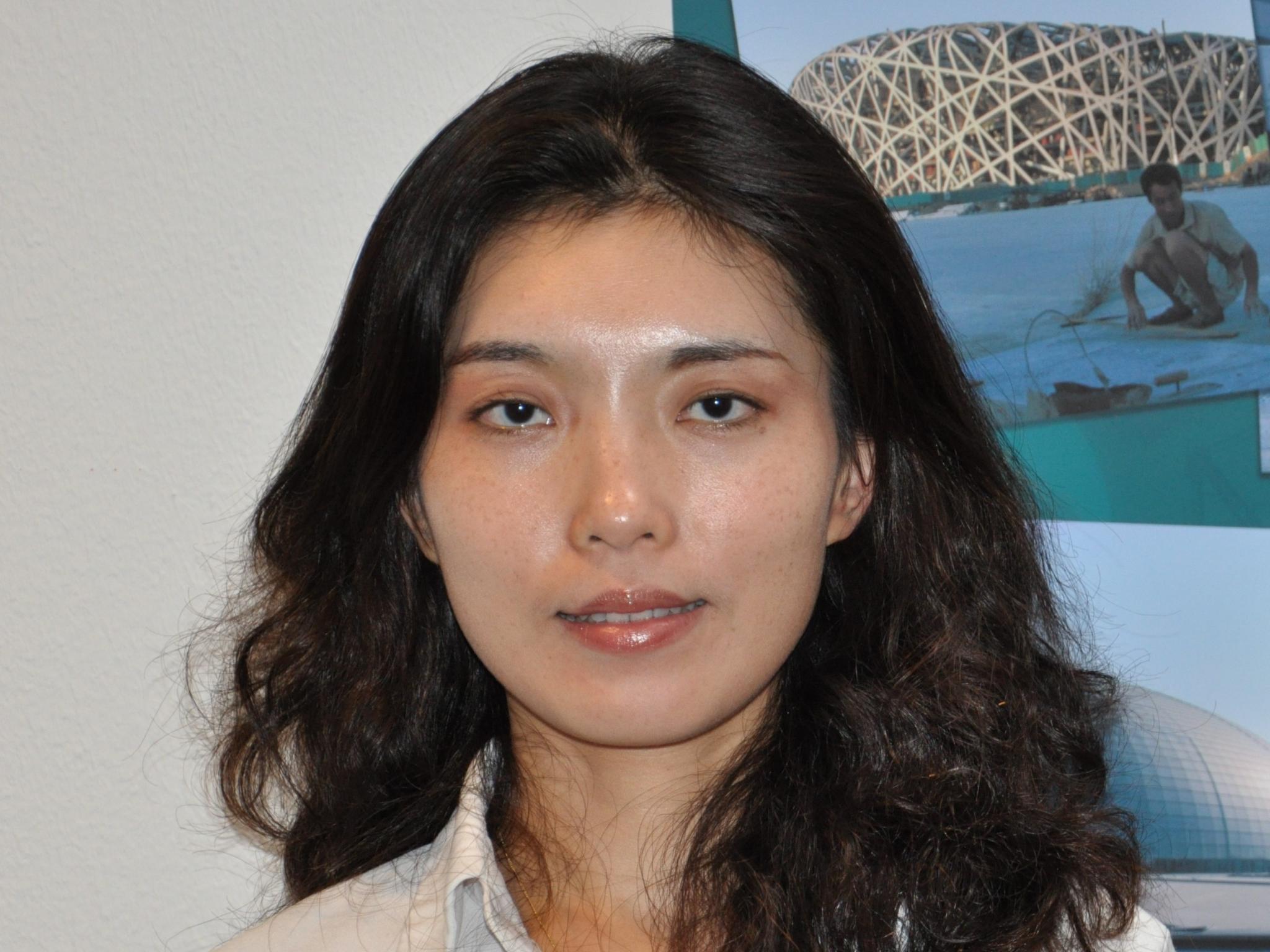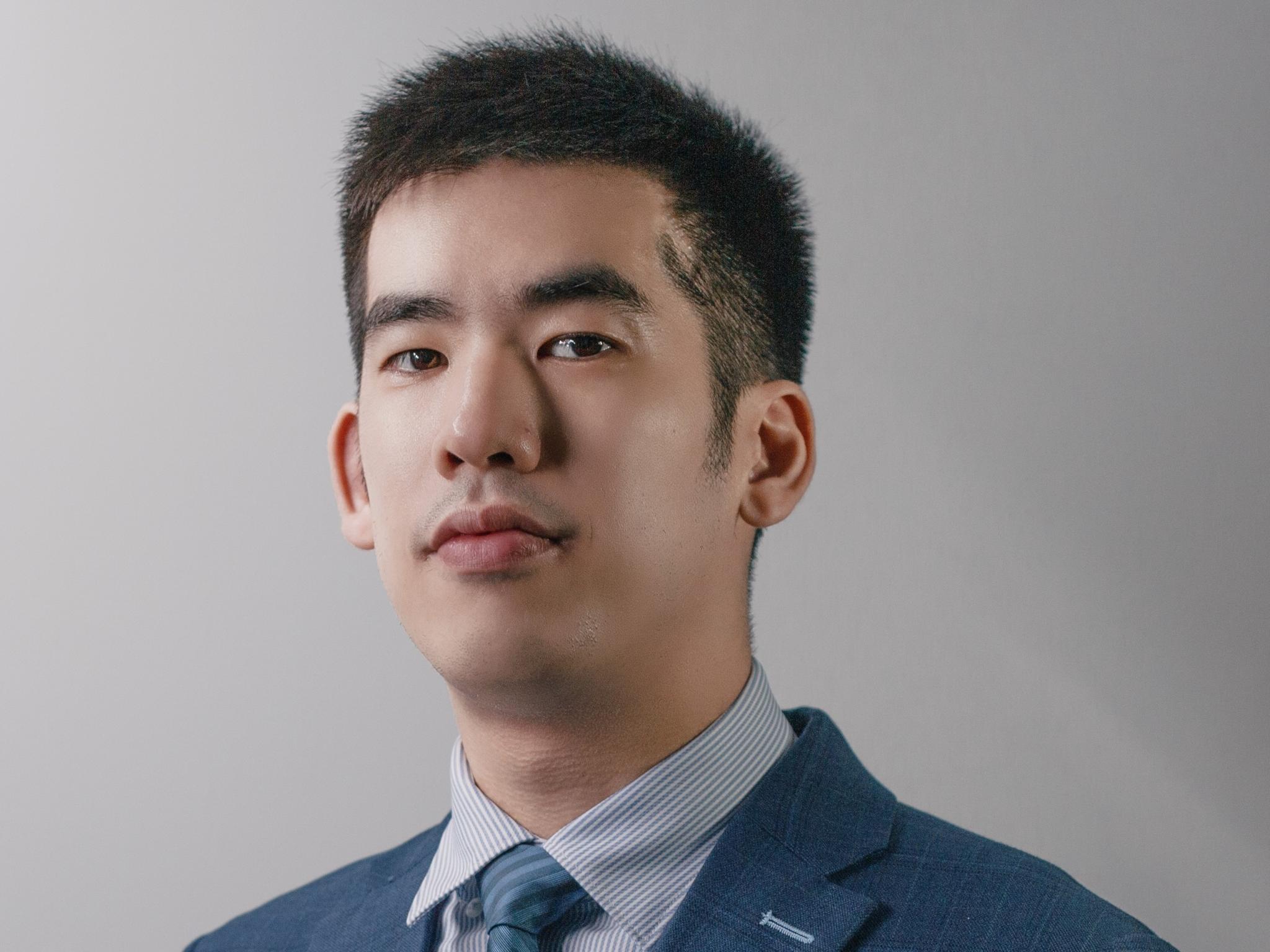As a world-leading institution with a strong focus on Asia, ANU has long valued Taiwan Studies. Since 2013, the ANU Taiwan Studies Program — a unique collaboration between The Australian National University (ANU) and the Ministry of Education of the Republic of China (Taiwan) — has brought together academic excellence and cultural awareness of Taiwan for ANU and for the wider community.
The ANU Taiwan Studies Program 2022–25 will continue to offer two flagship undergraduate courses: Taiwanese Society and Politics and Taiwanese (Southern Min) language. In addition, it now includes a new Master's level course exploring contemporary Taiwan and its histories as well as the ANU Taiwan Update. This new Program will provide students with more opportunities to engage with the many aspects of Taiwan intellectually and will foster public and academic interest in matters related to Australia and Taiwan.
